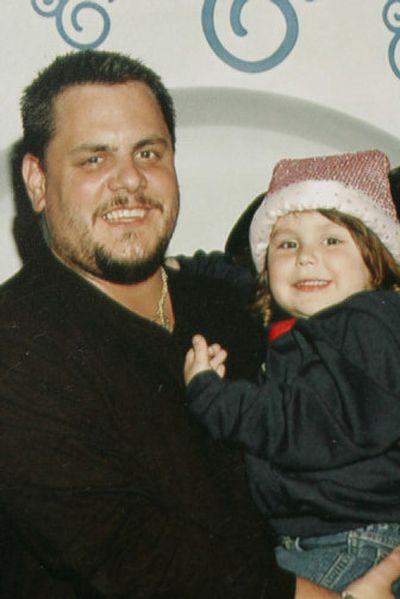Illness, death allegedly caused by WTC dust

NEW YORK – James Zadroga spent 16 hours a day toiling in the World Trade Center ruins for a month, breathing in debris-choked air. Timothy Keller said he coughed up bits of gravel from his lungs after the towers fell on Sept. 11, 2001. Felix Hernandez spent days at the site helping to search for victims.
All three men died in the past seven months of what their families and colleagues say were persistent respiratory illnesses directly caused by their work at ground zero.
While thousands of people who either worked at or lived near the site have reported ailments such as “trade center cough” since the terrorist attacks, some say that only now are the consequences of working at the site becoming heartbreakingly clear.
“I’m very fearful,” said Donald Faeth, an emergency medical technician and officer in a union with two of the ground zero workers who died last year. “I think that there are several people who died that day and didn’t realize that they died that day.”
Some officials say it is too early to draw that conclusion. Doctors running different health screening programs say it will take decades to get a clear picture of the long-term health effects of working at ground zero.
Karin DeShore said she does not need scientists to tell her what caused the death of her friend Keller, 41. DeShore was a Fire Department captain who took Keller to the trade center on Sept. 11, and barely escaped the south tower’s collapse.
“He came back coughing” two days later, she said. Faeth said that Keller told him that he coughed up debris so violently he could barely breathe on Sept. 11, and later developed emphysema.
Keller went home to Levittown on medical leave in March. He died on June 23 of heart disease complicated by bronchitis and emphysema.
Felix Hernandez, 31, worked on rescue and recovery work at ground zero following the attacks, said his former supervisor, Lt. Regina Pellegrino. In 2002, “it started with a cold he couldn’t shake … and it kept getting worse and worse and worse,” she said.
Hernandez was diagnosed with various respiratory diseases and was told by doctors at one point that he may have cystic fibrosis, Pellegrino said. He left the job in 2004 when he became too weak to climb stairs, and died Oct. 23 of respiratory ailments in Florida, said colleagues who spoke with his family.
Both Keller and Hernandez, each with a decade on the job, were nonsmokers and had no previous health problems before Sept. 11, Faeth said.
Zadroga, a 34-year-old New York detective, logged 470 hours at the site in 2001, including Sept. 11, and died Jan. 5. Family members and co-workers said he had contracted black lung disease and had high levels of mercury in his brain. Autopsy results have not been released.
David Worby, an attorney representing more than 5,000 plaintiffs suing those who supervised the clean-up over their illnesses, said 21 of his clients have died of Sept. 11-related diseases since mid-2004.
“This is just the tip of the iceberg,” Worby said. “Many, many more people are going to die from the aftermath of the toxicity.”